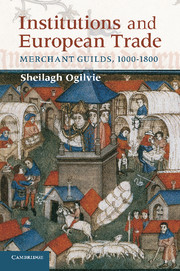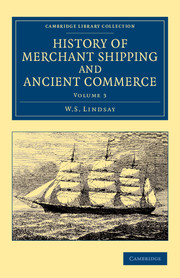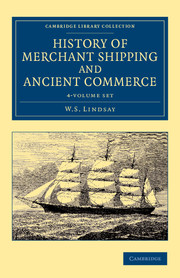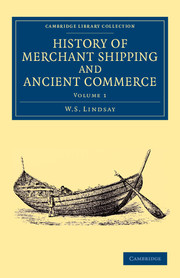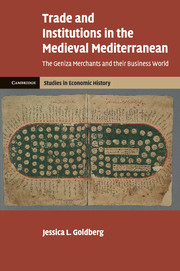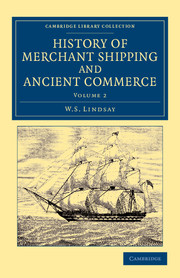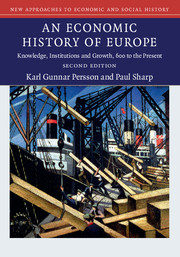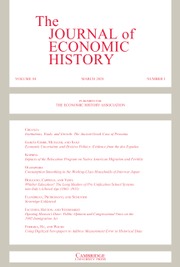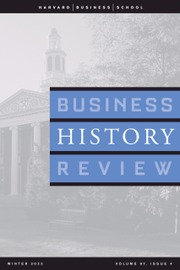Institutions and European Trade
Merchant Guilds, 1000–1800
£30.99
Part of Cambridge Studies in Economic History - Second Series
- Author: Sheilagh Ogilvie, University of Cambridge
- Date Published: March 2011
- availability: Available
- format: Paperback
- isbn: 9780521747929
£
30.99
Paperback
Other available formats:
Hardback, eBook
Looking for an inspection copy?
This title is not currently available on inspection
-
What was the role of merchant guilds in the medieval and early modern economy? Does their wide prevalence and long survival mean they were efficient institutions that benefited the whole economy? Or did merchant guilds simply offer an effective way for the rich and powerful to increase their wealth, at the expense of outsiders, customers and society as a whole? These privileged associations of businessmen were key institutions in the European economy from 1000 to 1800. Historians debate merchant guilds' role in the Commercial Revolution, economists use them to support theories about institutions and development, and policymakers view them as prime examples of social capital, with important lessons for modern economies. Sheilagh Ogilvie's magisterial new history of commercial institutions shows how scrutinizing merchant guilds can help us understand which types of institution made trade grow, why institutions exist, and how corporate privileges affect economic efficiency and human well-being.
Read more- An analytical picture of the Commercial Revolution, showing how medieval and early modern history offers important lessons for modern economic development
- A definitive account of European merchant guilds, scrutinizing and clarifying their central role in history, economics, and development policy
- A challenge to complacent views that institutions are efficient, showing how malignant institutions emerge and survive by benefitting powerful interest-groups
Reviews & endorsements
'Sheilagh Ogilvie shows yet again the brilliant scientific results to be achieved from combining an economist's clarity of mind with a historian's respect for how it actually was. She demolishes the Panglossian story put forward by the New Institutionalists, reminding us that for guilds as for manors and taxes and trade a proud power could trump efficiency. Elegantly written, decisively argued, her book is an instant classic.' Deirdre McCloskey, University of Illinois, Chicago
See more reviews'This book will make it impossible for anyone ever to argue again that merchant guilds were beneficial to society just because they produced benefits for their own members. Ogilvie's magisterial analysis of their complex social impact will change radically the way we think about not only guilds themselves but about institutions, social capital and economic development from the Middle Ages right up to our own day.' Paul Seabright, Toulouse School of Economics
'In this tour de force, Ogilvie upends the current scholarly consensus that merchant guilds were institutions whose economic and cultural qualities promoted economic development and social solidarity. By examining large numbers of these guilds and their vast historical literature, she demonstrates instead that they were monopolies, rent-seeking institutions that continued to exist as long as they served to distribute a disproportionate share of economic goods to their members and their rulers.' Thomas Max Safley, University of Pennsylvania
'… this is a very important book that gives rise to a number of highly significant questions for future research.' Reviews in History (history.ac.uk/reviews)
'Ogilvie's conclusion has profound implications for the study of economic institutions, and that is what makes this an important book - one might even call it a game-changer.' EH-Net (EH.net)
'This book not only effectively demolishes the efficiency thesis regarding merchant guilds, but, more importantly, also provides a framework for analysing institutional change, and it will define the terms of how social institutions should be researched and evaluated for years to come.' Economic History Review
Customer reviews
Not yet reviewed
Be the first to review
Review was not posted due to profanity
×Product details
- Date Published: March 2011
- format: Paperback
- isbn: 9780521747929
- length: 500 pages
- dimensions: 228 x 152 x 20 mm
- weight: 0.79kg
- availability: Available
Table of Contents
1. Merchant guilds, efficiency, and social capital
2. What was a merchant guild?
3. Local merchant guilds
4. Alien merchant guilds and companies
5. Merchant guilds and rulers
6. Commercial security
7. Contract enforcement
8. Principal-agent problems
9. Information
10. Price volatility
11. Institutions, social capital and economic development.Instructors have used or reviewed this title for the following courses
- European History Reading Seminar
- European economic history
- History of Economic Ideas
Sorry, this resource is locked
Please register or sign in to request access. If you are having problems accessing these resources please email [email protected]
Register Sign in» Proceed
You are now leaving the Cambridge University Press website. Your eBook purchase and download will be completed by our partner www.ebooks.com. Please see the permission section of the www.ebooks.com catalogue page for details of the print & copy limits on our eBooks.
Continue ×Are you sure you want to delete your account?
This cannot be undone.
Thank you for your feedback which will help us improve our service.
If you requested a response, we will make sure to get back to you shortly.
×
